Should book adaptations always be faithful?
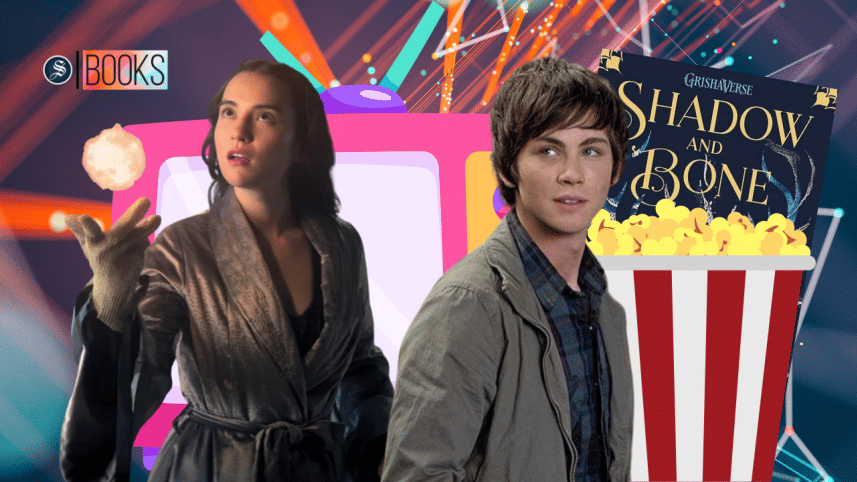
I've always thought, logically, that film and books offer fundamentally different experiences, and the languages of these mediums are not always compatible. Each does something unique with its material, something that doesn't translate entirely when it is moved to a new format. This theoretical knowledge hasn't prevented me from completely melting down about the "betrayal" of a lousy adaptation (Netflix's Persuasion comes to mind), but in what situation is a reaction like this warranted and when is it just being a fan who is impossible to please?
Perhaps no genre lends itself to this debate better than fantasy, which is no stranger to passionate fan bases.
If we are to examine what happened, at least on a broader scale, the last time a creator tried too hard to stay true to the characters' arcs while trying to stick the landing, we have to consider Game of Thrones. George RR Martin acknowledged that the HBO series had become a completely different creature from what he had initially created. I've had multiple arguments with my friends, trying to explain that even though the ending didn't work for me personally, I still agreed and was somewhat satisfied with most of the character arcs presented.
The real issue was that these plotlines didn't feel earned. Martin had told showrunners Dan Weiss and Dave Benioff years ago his plans for the saga's conclusion. But subsequently, they tried to force endings into existence that they did not adequately set up in advance.
Meanwhile, the film adaptations of the Percy Jackson and the Olympians novels sparked ire when they steered off course from the source material, altering or completely cutting integral sections of the story. The backlash to these films was so great that after the release of 2013's Sea of Monsters, planned sequels for the remaining three novels were canned. The adaptations missed the mark in finding meaningful ways to translate the soul of the page authentically.
Unlike the books, where Percy and his friends start their demigod adventures as tweens, the films chose to age up the characters to attract a teenage crowd akin to many young adult novel adaptations. Although this small change might appear inconsequential, it effectively rid the characters of years of development and made their quests appear far less dangerous.
In the book series, demigods often didn't live past childhood because they were constantly attacked by monsters. The fact that Percy and Annabeth made it into adolescence against the odds is essential to the plot, and making them 16-years-old from the get-go ruins this aspect of author Rick Riordan's story. Percy, Annabeth, and Grover had drastic personality changes in the film adaptations. Percy's sass, one of the defining characteristics of his personality, was nowhere to be found. Grover was simply unrecognisable as a confident flirt, and Annabeth was far less of a seasoned tactician than her book counterpart.
Every trait that made the main trio likeable and relatable, like Annabeth's love of architecture, Percy's jokes, and Grover's obsession with enchiladas, was completely erased from the scripts and replaced with bland dialogue.
Most of the issues with the films can be attributed, at least in part, to the fact that Riordan was allowed zero creative input in the journey his characters and storylines took from written word to the big screen. Thankfully, with the new Percy Jackson Disney+ series on the horizon, Riordan has assured fans young and old that he has been heavily involved in the show's direction. Season 1 is meant to focus solely on The Lightning Thief (Disney Hyperion Books, 2006), the first book in the Percy Jackson series. This means the plot can unfold over the course of multiple episodes, rather than limiting itself to a single film.
When it comes to casting, direction, design, and other varying aspects of production, the author being at the heart of it all can be a huge asset, assisting in the transformation of their ideas and offering tidbits of inspiration or knowledge that may otherwise be missing. Plus, Riordan has confirmed a connection between his new Percy Jackson book and the TV series. Of course, his involvement isn't essential. But creating a series that's close enough to the original books to inspire the author all over again is certainly a positive sign.
Some adaptations make additions, edits, and eliminations that certain hardcore fans dislike but that most people accept as necessary. The Lord of the Rings series was split into three films, just like the books, and to great critical and commercial success. The following story of The Hobbit was also split into three films despite being inspired by a singular novel, and was done so to a more mixed reception. Some may consider this a money-making tactic, but the length and depth of Tolkien's novel arguably required a detailed trilogy.
Some of the most faithful adaptations are often failures, mostly because of the soullessness that can occur when creators are unable to bring their own vision to the material; good adaptations play to their strengths, lifting the essential scenes from the source material and charging them with the energy of film. Shadow and Bone, the Netflix series based on Leigh Bardugo's popular Grishaverse novels, is perhaps not the best adaptation it could have been, but it certainly enhances the source material. Shadow and Bone (Henry Holt & Company, 2012) was Bardugo's first book, one she admits now she would tweak if she could go back in time. So showrunner Eric Heisserer's significant changes to the storyline were not only smart, they were endorsed by Bardugo herself, who serves as an executive producer on the project.
The show takes an interesting twist in that its first season follows the events of the first book of the Shadow and Bone trilogy while also borrowing the characters of the Six of Crows duology. In book canon, the duology follows six outcasts as they pull off a heist in the same world, but this plotline takes place a few years after the end of the Shadow and Bone novels. Some parts of the show are taken straight from the duology, while some are exclusive to the adaptation. While there is some tonal whiplash going on as a result, it ultimately works well.
Despite the fact that Season 2 condenses and combines the plot of the two final books in the Shadow and Bone trilogy, Siege and Storm (Henry Holt & Company, 2013) and Ruin and Rising (Henry Holt & Company, 2014), while still biding time until it gets to the actual Six of Crows (Henry Holt & Company, 2016) plot, the show is easy to root for, thanks to its bevy of compelling main characters, a charming cast, and its willingness to go on an adventure with its premise and source material. It is essentially high-budgeted and approved fan-fiction. While faithfulness is important to me when it comes to the spirit of the characters, as a longtime fan of the books, I also want the show to surprise me with new twists. If something does not sit right with me, I can always go back to the books.
I understand that change is scary; if I watch an adaptation of a sacred story or text, I expect to see something familiar. There have been numerous critically acclaimed William Shakespeare adaptations set in radically different settings over the years. But I don't think Shakespeare ever intended any of his work to be a commentary on late 20th century feminism (10 Things I Hate About You) or to put it in an Indian context, having the Mumbai underworld as a backdrop (Maqbool).
All this is to say that to hope that a favourite novel or story will come directly to life via moving pictures is something we keep clinging to—but it never really does, not in the way many fans desire and demand.
I've come to accept that expecting an adaptation to completely capture a book may be wishful thinking—even in the era of big-budget prestige television—and that sticking mindlessly to that expectation will cost me a lot of fun.
Shababa Iqbal is a journalism graduate from Independent University, Bangladesh (IUB), who likes Jane Austen's novels and Disney movies. Email: shababa@icloud.com.




 For all latest news, follow The Daily Star's Google News channel.
For all latest news, follow The Daily Star's Google News channel. 
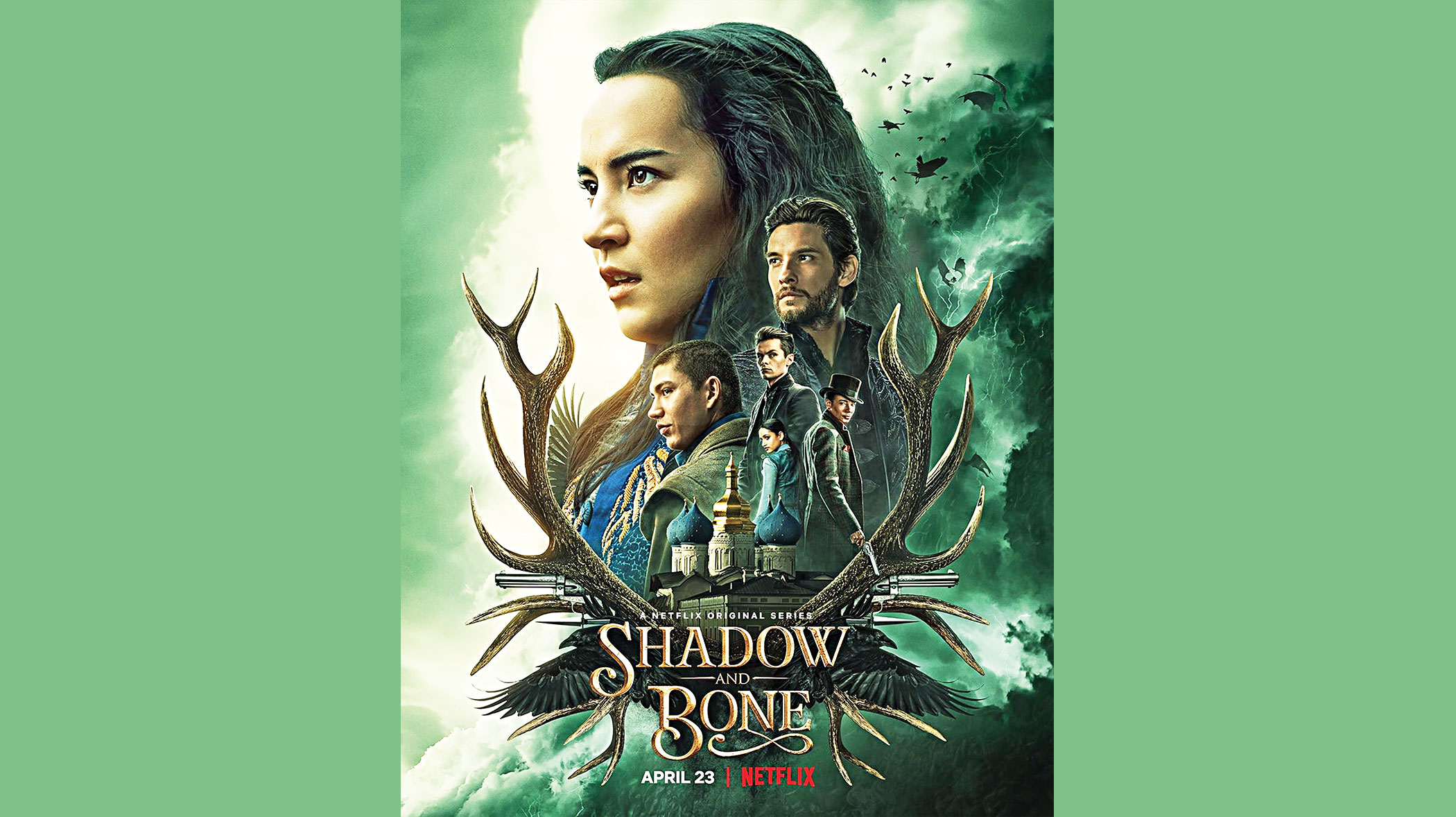
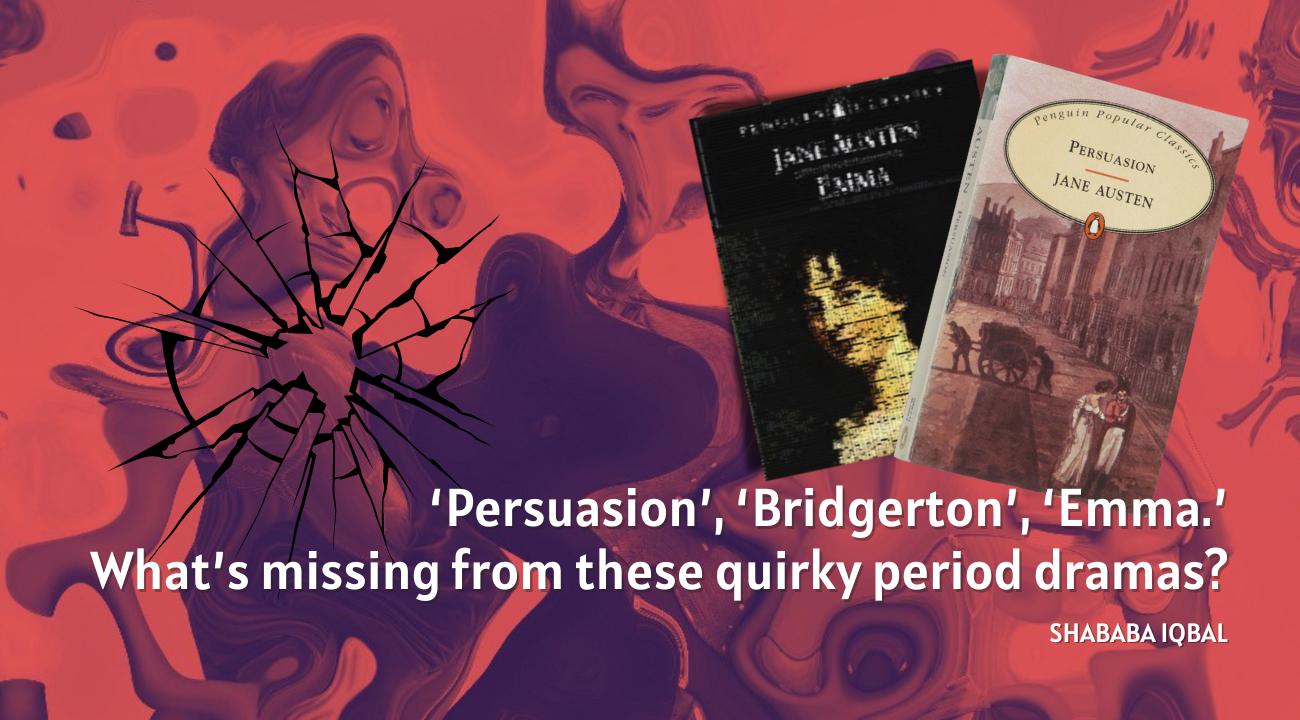
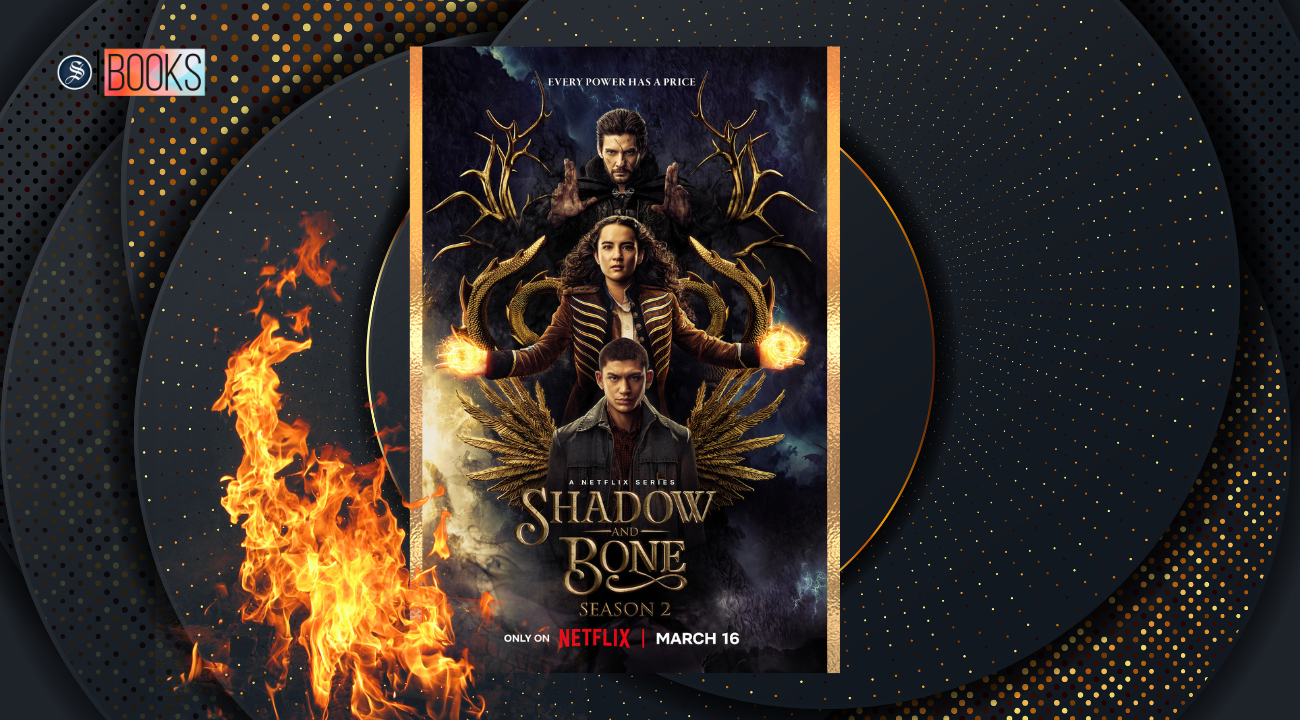
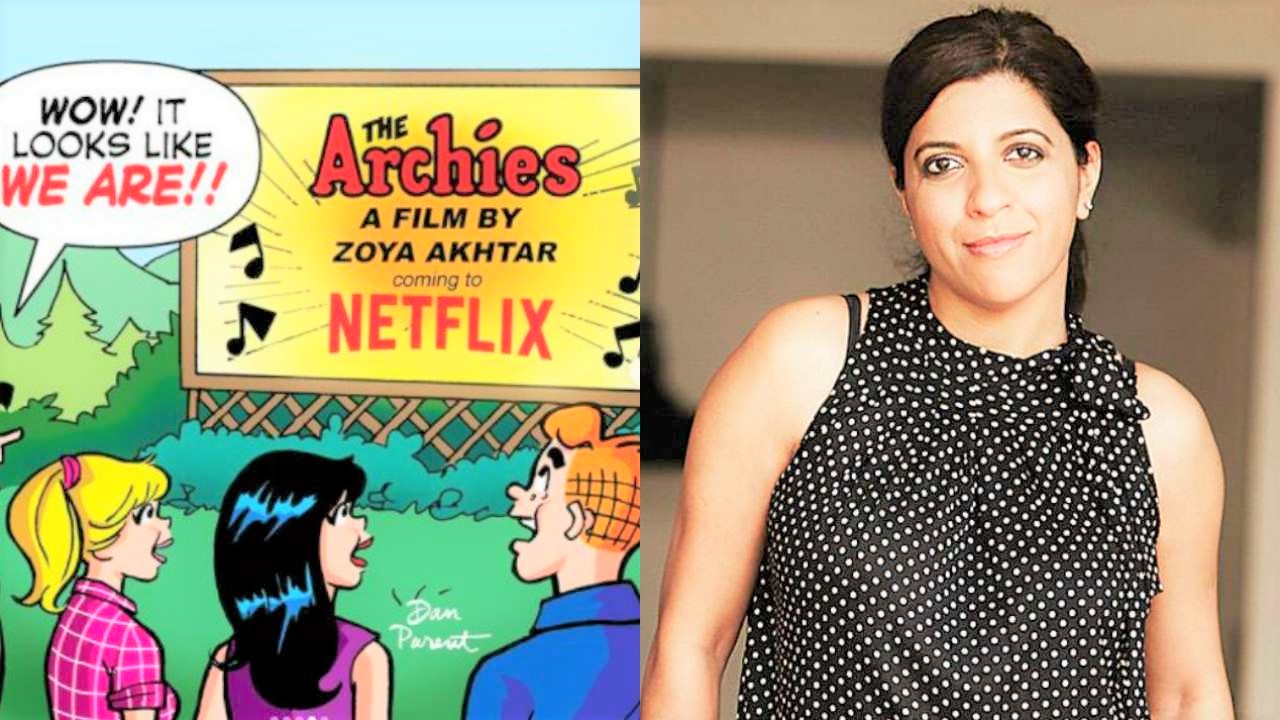
Comments